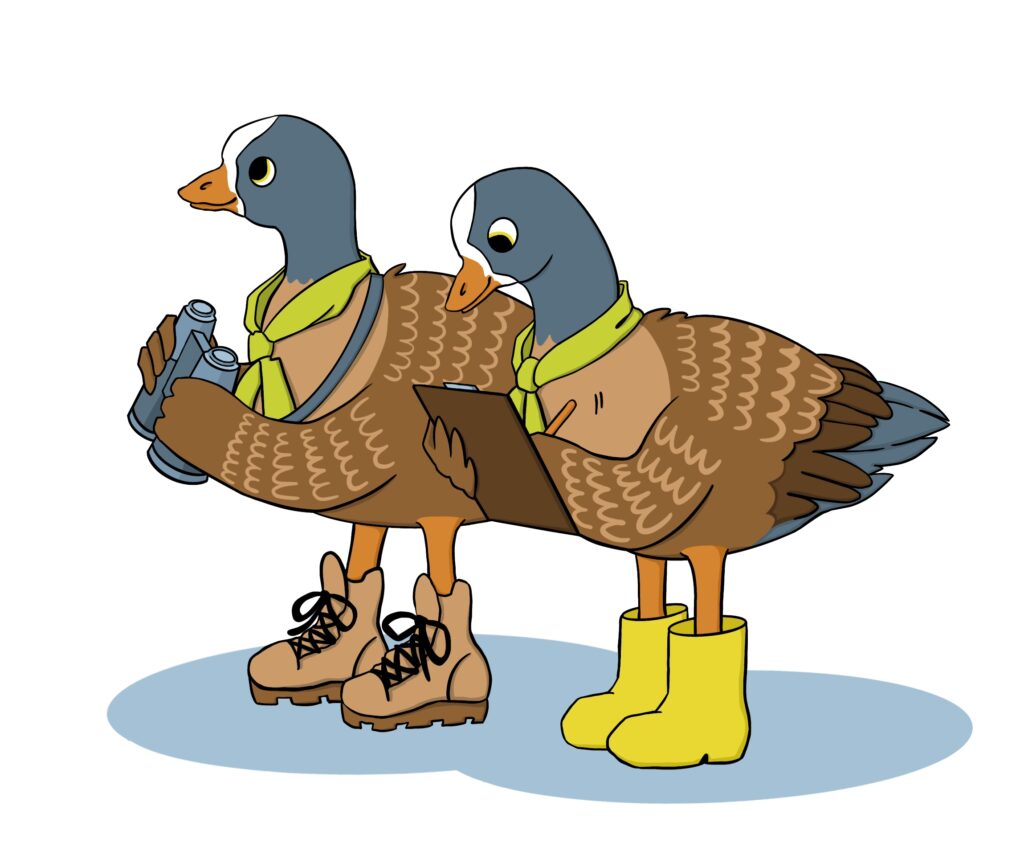- Career Hub
- Future Skills
- Academic planning
- Planning further studies
- Planning your studies
- How to manage your studies?
- How to plan for your studies?
- How much freedom do you have to modify your studies?
- When to make learning choices within the curriculum?
- How little or how much can you study?
- How can you concentrate on and manage the time of studies?
- How to change specialisations?
- How to study well?
- Internship
- International experience
- Work-life development
- Act and grow
Sustainable mindset

A sustainable mindset involves the ability to assess and manage the wider impacts of one’s actions on the environment, health and cultural sustainability. A sustainably thinking and functioning person understands the limits of the Earth’s carrying capacity, can analyse the need to conserve the natural environment, achieve social well-being and justice, and propose solutions. As a professional and as a citizen, they can act in ways that reduce negative and increase positive environmental impacts and shape a more sustainable society. They are able to critically analyse how to work towards the sustainable development goals in their chosen field.
Sustainability requires cross-disciplinary thinking, i.e. the ability to find and use methods and knowledge outside one’s own discipline and to make connections between them. A sustainability advocate is aware of value-based and other ways of thinking about human society and the natural environment.
Someone with a sustainable mindset knows how and dares to act for a better future. Forward-looking means, among other things, the ability to adapt to technological and other changes.
| A moment of reflection: What is a good life and what does it take? Recall the great inventions that have influenced humankind and think about how our modern way of life depends on them. How much energy and other resources do we need to live our normal lives? How many people are out of reach of this level of well-being? What big, global changes are you aware of? How do they affect us here, now and in the future? What can you do to adapt to climate change, halt biodiversity loss and resource depletion, and cope with increasing migratory pressures from areas where extreme temperatures and water scarcity make living impossible? |
Inspiratsiooni tegutsemiseks
- Think about what basic human needs are, and how they can be redefined into more sustainable solutions.
- Explore simple suggestions to promote sustainability. Can you come up with some ideas to consider in your future behaviour and choices?
- Find out where the products you consume every day come from. How can we support local producers and shorter supply chains that respect the environment?
- Find out what Earth Overshoot Day is about and what date it fell on this year.
- Calculate your ecological footprint. How many planets of resources are needed to continue your current consumption patterns?
- See how man’s relationship with nature has been addressed through black humour.
- Check out the UN Sustainable Development Goals (SDGs) and see Estonia’s progress towards them.
- Explore possible future scenarios and think about which one you would choose and how you would act to achieve it.
- To find out whether the Estonian way of life fits within Earth’s quantitative limits, see the concept of Planetary Boundaries (in Estonian).
- Get involved in non-profit organisations promoting sustainable thinking, e.g. MTÜ Mondo, MTÜ Arengukoostöö Ümarlaud, Eesti Roheline Liikumine, and others.
- Courses and traineeship opportunities related to sustainable development goals
- See the webpage of the University of Tartu Centre for Sustainable Development and the material available.
- Study material “Climate change ABC” (in Estonian)
- Sustainability explained through animation
